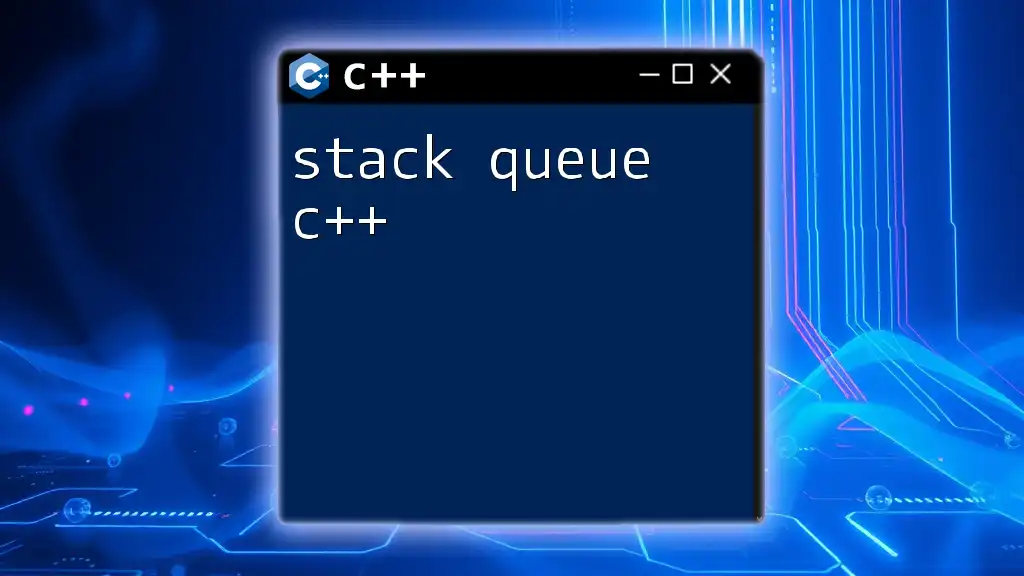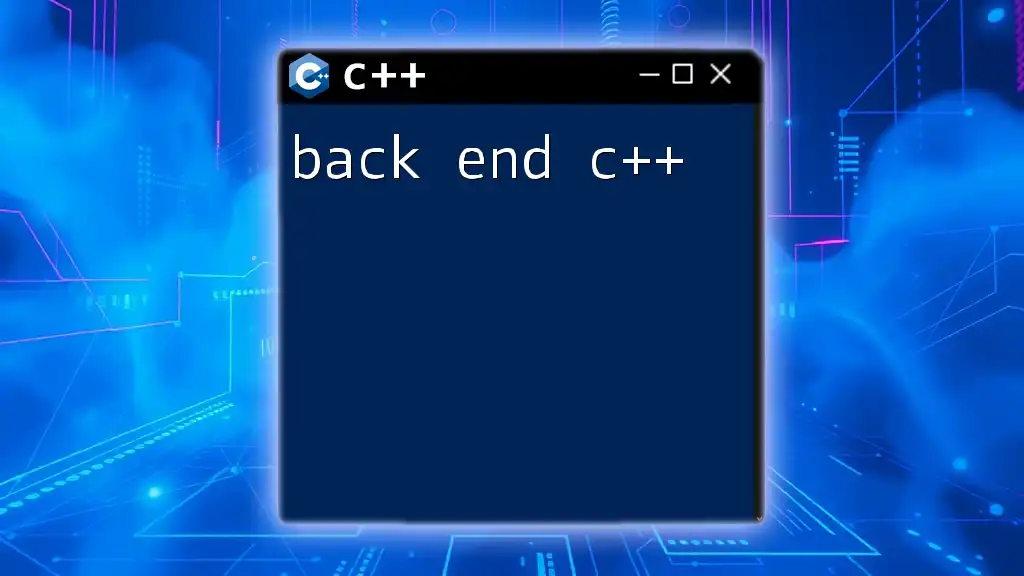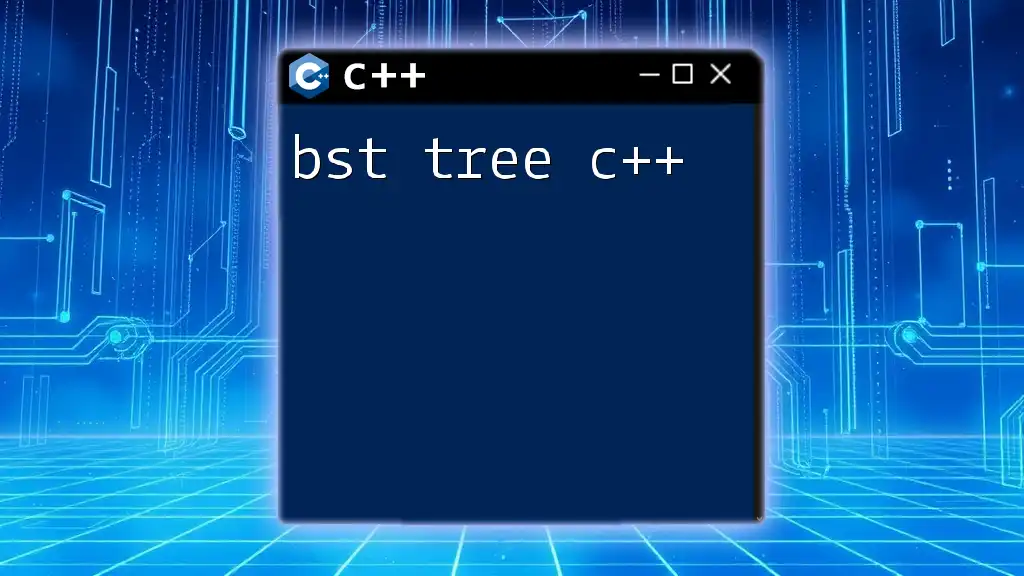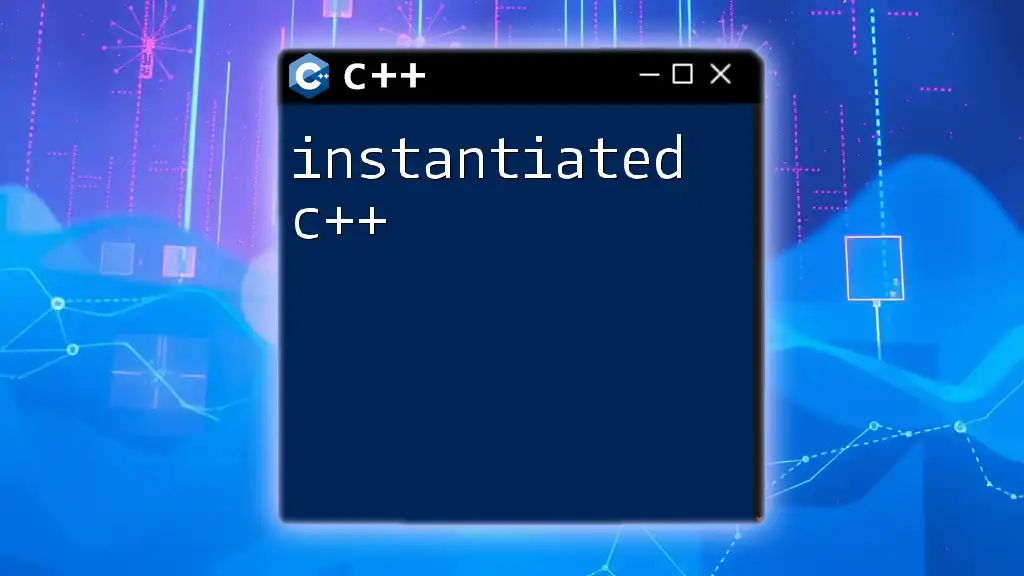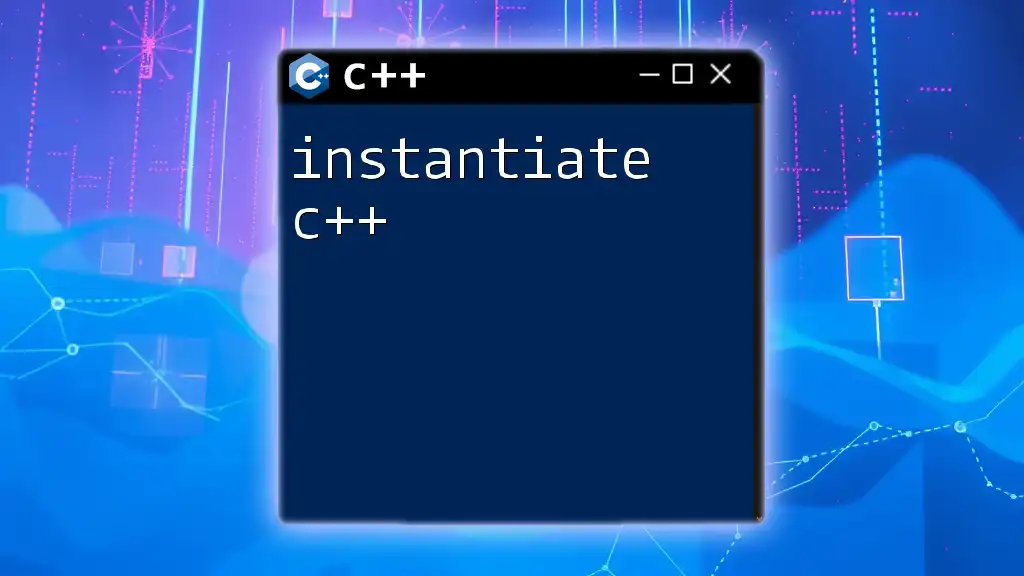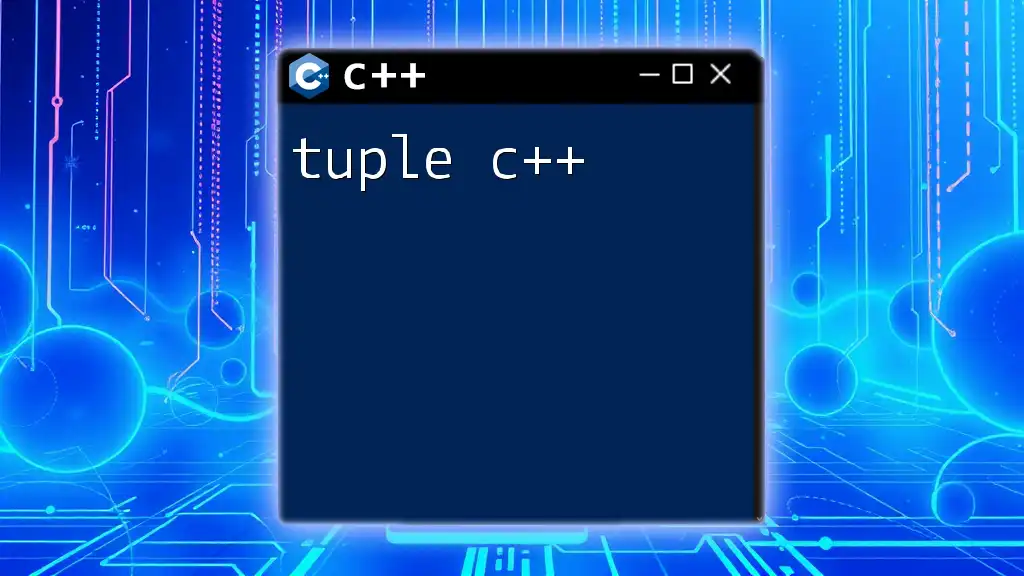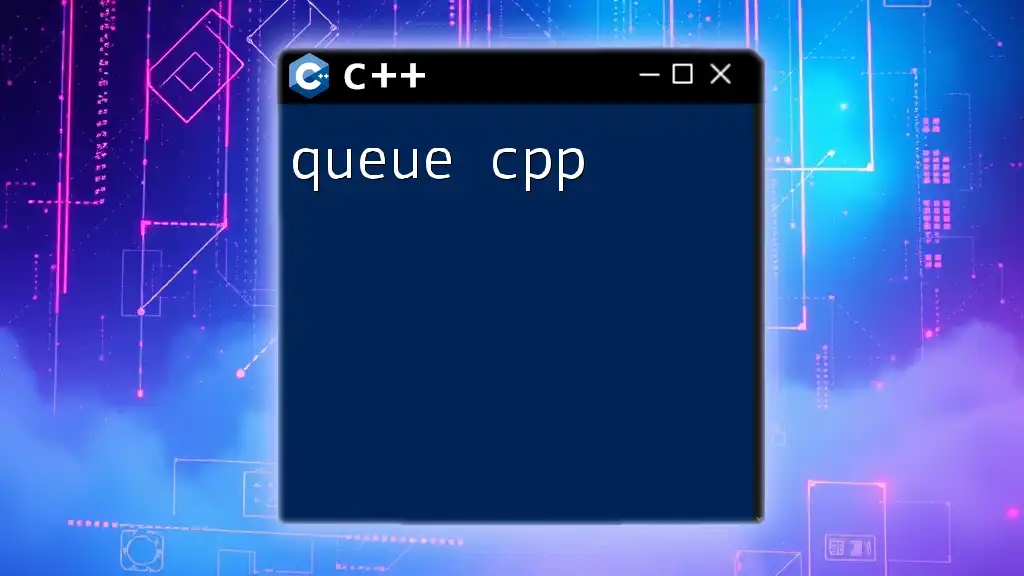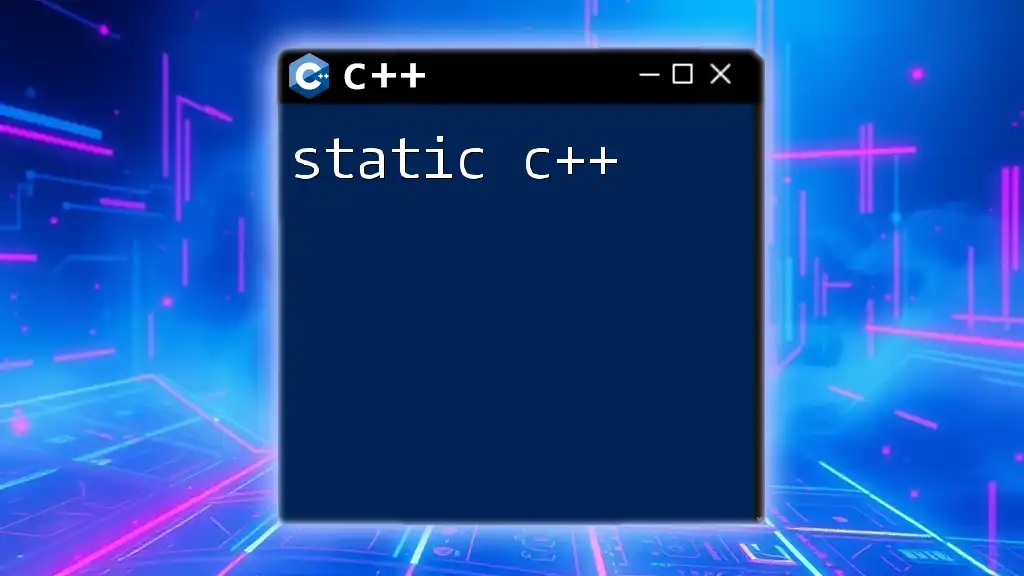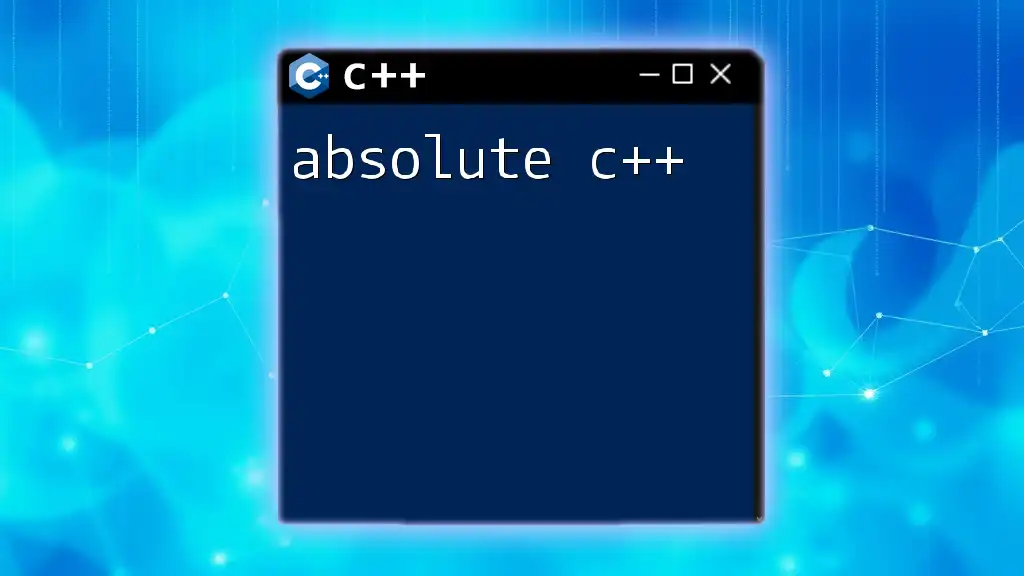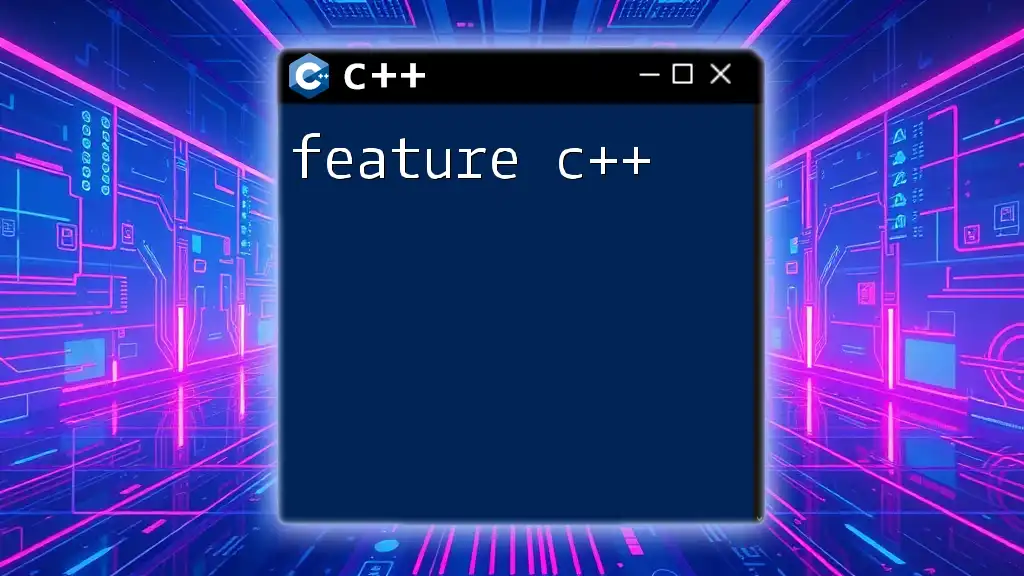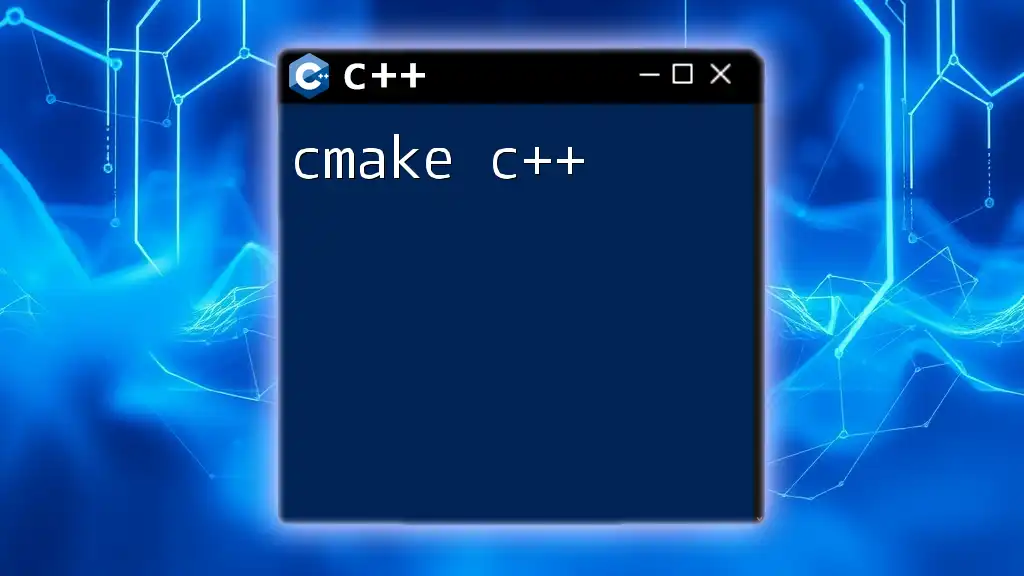A stack and a queue in C++ are both container adapters from the Standard Template Library (STL), where a stack operates on a last-in, first-out (LIFO) basis, while a queue follows a first-in, first-out (FIFO) model.
Here’s how you can implement a simple stack and queue in C++:
#include <iostream>
#include <stack>
#include <queue>
int main() {
// Stack example
std::stack<int> myStack;
myStack.push(1);
myStack.push(2);
myStack.push(3);
std::cout << "Stack top: " << myStack.top() << std::endl; // Outputs 3
myStack.pop();
// Queue example
std::queue<int> myQueue;
myQueue.push(1);
myQueue.push(2);
myQueue.push(3);
std::cout << "Queue front: " << myQueue.front() << std::endl; // Outputs 1
myQueue.pop();
return 0;
}
What Are Stacks and Queues?
Stacks and queues are fundamental data structures that manage collections of elements with specific rules for adding and removing items. Understanding how to utilize these structures in C++ is essential for efficient programming.
Understanding Stacks in C++
What is a Stack?
A stack is a collection that adheres to the Last In, First Out (LIFO) principle, meaning that the last element added to the stack is the first one to be removed. You can visualize a stack as a stack of plates; you can only remove the top plate without disturbing the rest.
Stack Operations
Push Operation: This operation adds an element to the top of the stack.
void push(int element) {
stack[++top] = element;
}
Pop Operation: This operation removes the element from the top of the stack and decreases the stack's size.
int pop() {
if (isEmpty()) {
throw std::out_of_range("Stack is empty!");
}
return stack[top--];
}
Peek/Top Operation: This retrieves the top element of the stack without removing it.
int top() {
if (isEmpty()) {
throw std::out_of_range("Stack is empty!");
}
return stack[top];
}
IsEmpty Operation: This checks if the stack is empty.
bool isEmpty() {
return top == -1;
}
Implementing a Stack in C++
Using Arrays
When implementing a stack using arrays, you define a fixed-size array and maintain a pointer (or index) to track the top of the stack. Below is an example of an array-based stack implementation.
const int MAX = 100;
int stack[MAX];
int top = -1;
void push(int element) {
if (top == MAX - 1) {
throw std::overflow_error("Stack is full!");
}
stack[++top] = element;
}
Using Linked Lists
A stack can also be implemented using linked lists, which allows for dynamic size and efficient memory management. Below is a basic linked-list stack implementation.
struct Node {
int data;
Node* next;
};
class Stack {
Node* top;
public:
Stack() : top(nullptr) {}
void push(int element) {
Node* newNode = new Node{element, top};
top = newNode;
}
int pop() {
if (!top) throw std::out_of_range("Stack is empty!");
Node* temp = top;
int poppedValue = top->data;
top = top->next;
delete temp;
return poppedValue;
}
};
Understanding Queues in C++
What is a Queue?
A queue is a collection that operates under the First In, First Out (FIFO) principle. This means that the first element added to the queue will be the first one removed, reminiscent of a line at a ticket booth where the first person in line is the first to be served.
Queue Operations
Enqueue Operation: This operation adds an element to the back of the queue.
void enqueue(int element) {
if (isFull()) {
throw std::overflow_error("Queue is full!");
}
queue[rear++] = element;
}
Dequeue Operation: This operation removes the front element from the queue.
int dequeue() {
if (isEmpty()) {
throw std::out_of_range("Queue is empty!");
}
return queue[front++];
}
Front Operation: This retrieves the front element of the queue without removing it.
int front() {
if (isEmpty()) {
throw std::out_of_range("Queue is empty!");
}
return queue[front];
}
IsEmpty Operation: This checks if the queue is empty.
bool isEmpty() {
return front == rear;
}
Implementing a Queue in C++
Using Arrays
A queue can be implemented using a fixed-size array, requiring a front and rear index to track your position. Here’s a basic example:
const int MAX = 100;
int queue[MAX];
int front = 0;
int rear = 0;
void enqueue(int element) {
if (rear == MAX) {
throw std::overflow_error("Queue is full!");
}
queue[rear++] = element;
}
int dequeue() {
if (isEmpty()) throw std::out_of_range("Queue is empty!");
return queue[front++];
}
Using Linked Lists
Implementing a queue using linked lists allows for dynamic memory allocation and efficient handling of large data sizes.
struct Node {
int data;
Node* next;
};
class Queue {
Node* front;
Node* rear;
public:
Queue() : front(nullptr), rear(nullptr) {}
void enqueue(int element) {
Node* newNode = new Node{element, nullptr};
if (rear) {
rear->next = newNode;
} else {
front = newNode;
}
rear = newNode;
}
int dequeue() {
if (!front) throw std::out_of_range("Queue is empty!");
Node* temp = front;
int dequeuedValue = front->data;
front = front->next;
delete temp;
return dequeuedValue;
}
};
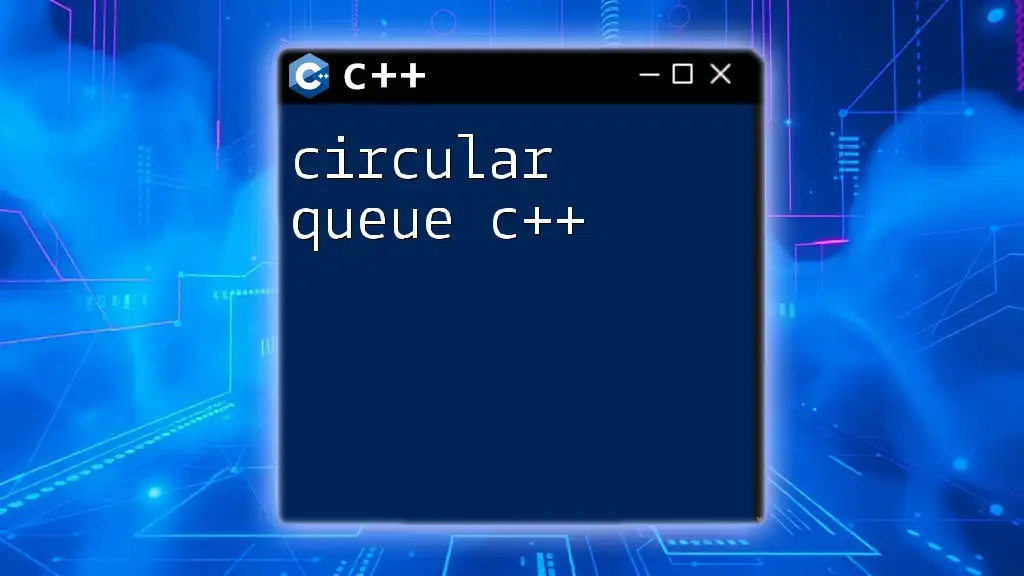
Stack and Queue in the C++ Standard Template Library (STL)
Overview of STL Containers
The C++ Standard Template Library (STL) provides built-in classes for implementing stacks and queues, which results in easier and safer code. Harnessing these classes saves time and helps avoid common pitfalls associated with managing these data structures manually.
Using std::stack
The `std::stack` class provides a convenient way to use stacks in C++. You can push, pop, and check the top element with ease.
#include <stack>
std::stack<int> myStack;
myStack.push(10);
myStack.push(20);
int topValue = myStack.top(); // Returns 20
myStack.pop();
Using `std::stack` is both safe and efficient, as it handles underlying memory management for you.
Using std::queue
Similarly, the `std::queue` class allows for easy management of a queue:
#include <queue>
std::queue<int> myQueue;
myQueue.push(10);
myQueue.push(20);
int frontValue = myQueue.front(); // Returns 10
myQueue.pop();
This flexibility and ease of use makes `std::queue` a preferred choice for implementing queues in modern C++ development.
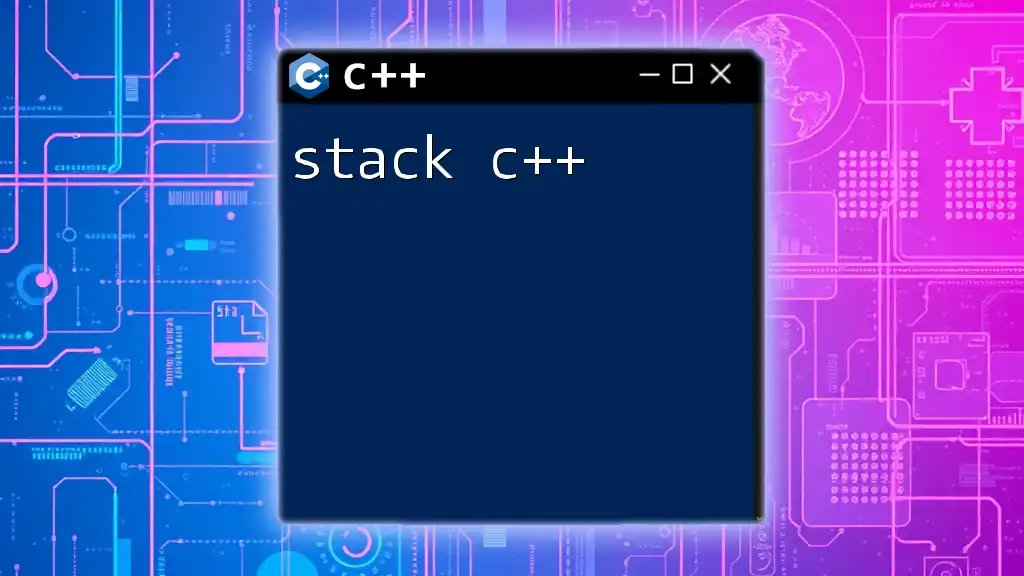
Practical Applications of Stack and Queue
Stack Use Cases
Expression Parsing: Stacks are fundamentally important when it comes to parsing and evaluating expressions, particularly with infix and postfix notations. The algorithm uses stacks to ensure operators and operands are processed in the correct order.
For example, consider the postfix expression evaluation:
stack<int> stack;
// Assume we have an array of input tokens
for (auto token : tokens) {
if (isOperand(token)) {
stack.push(stoi(token));
} else {
int operand2 = stack.pop();
int operand1 = stack.pop();
stack.push(evaluate(operand1, operand2, token));
}
}
Backtracking Algorithms: Stacks enable the backtracking process seen in solving puzzles like Sudoku or mazes, where you need to revisit previous states.
Queue Use Cases
Task Scheduling: Queues are immensely useful in managing tasks where order matters, such as print jobs in a printer queue.
Breadth-First Search (BFS) in Graph Theory: Queues are foundational to performing BFS, where each level of the graph is processed in the order of its discovery.
void bfs(Graph& graph, int start) {
std::queue<int> q;
q.push(start);
while (!q.empty()) {
int node = q.front();
q.pop();
// Process node
for (auto neighbor : graph.getNeighbors(node)) {
q.push(neighbor);
}
}
}
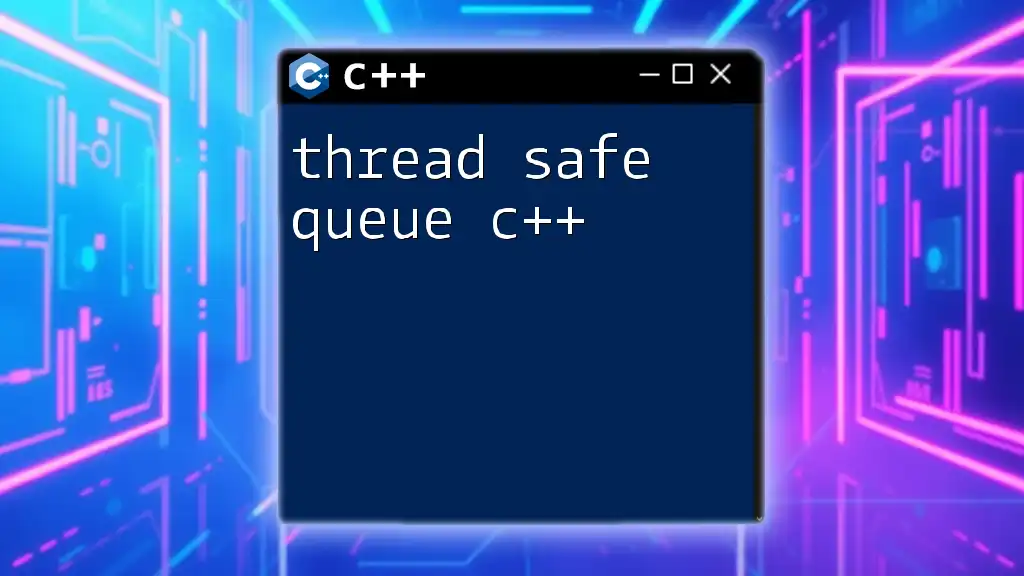
Conclusion
Understanding stacks and queues is vital for performing many programming tasks efficiently in C++. By utilizing these data structures, whether manually or through the STL, you can optimize your code and enhance its functionality. Practicing implementations will solidify your understanding and make you more adept at handling common programming challenges.
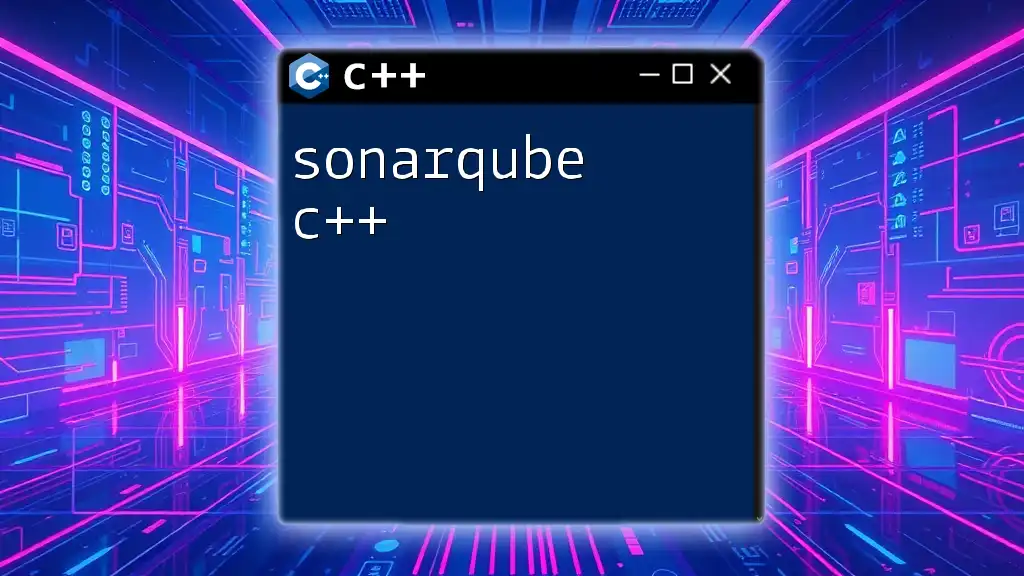
Additional Resources
For further learning, consider exploring online tutorials, documentation, and books focused on advanced data structures and algorithms, as well as the nuances of C++ STL. Each resource will help expand your knowledge and application of stacks and queues in various programming scenarios.

